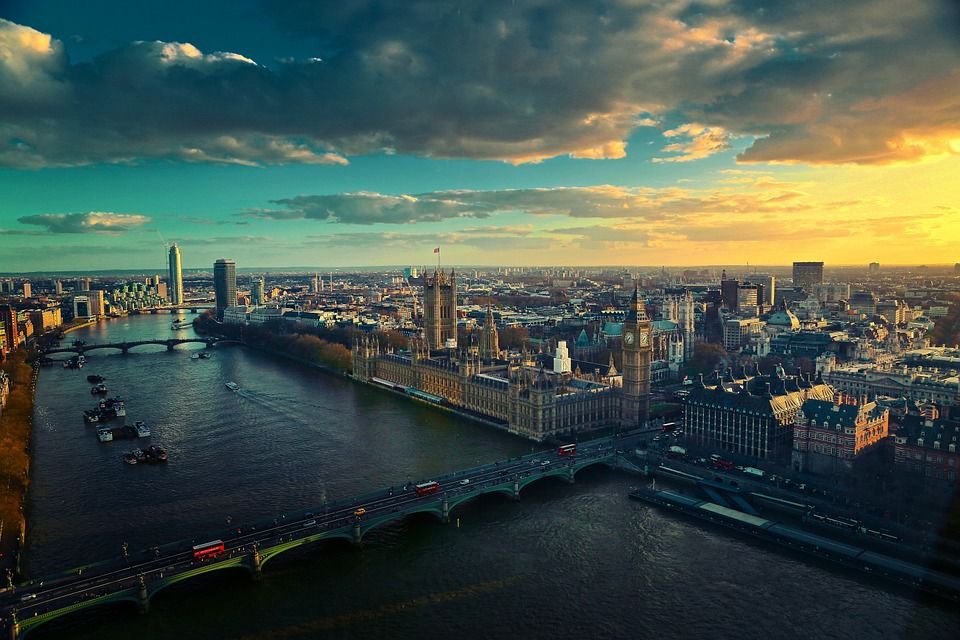London to introduce “T-charge” to combat polluting vehicles
Older, more polluting cars will have to pay an extra £10 charge to drive in central London’s congestion charge zone from 23 October, the city’s mayor has said

Older, more polluting cars will have to pay an extra £10 charge to drive in central London’s congestion charge zone from 23 October, the city’s mayor has said.
London Mayor Sadiq Khan announced on Friday 17 February the introduction of a ‘Toxicity Charge' (T-Charge) for the capital's most polluting vehicles, coming into effect on October 23 2017.
The T-Charge will apply to cars which do not meet Euro IV emission standards, and will operate during the same times as the existing congestion charge – weekdays between 7am and 6pm.
Once the charge is in place, the vast majority of cars manufactured before 2006 will be in breach of the Euro IV emission standards and will face a £10 charge to drive in central London, in addition to the existing £11.50 congestion charge.
Khan said: "It's staggering that we live in a city where the air is so toxic that many of our children are growing up with lung problems. If we don't make drastic changes now we won't be protecting the health of our families in the future."
He went on to say: "That is why today, on the 14thanniversary of the start of the congestion charge, I've confirmed we are pressing ahead with the toughest emission standard of any major city, coming to our streets from October 23.”
The introduction of the charge will affect up to 10,000 cars and makes London the toughest enforcer of an emission standard, according the Mayor’s office.
The move follows the recent warning regarding the poor quality of London’s air.
The quality of air in London falls far below the minimum legal standards set by the European Union, breaching its annual air pollution limit just five days into 2017.
Sadiq Khan spoke as he launched the new online vehicle checker on the Transport for London website, which allows drivers to check whether their vehicle will be affected by the T-charge.
Since his election in May 2016, Khan has launched a series of measures to bring the issue under control – including more electric bus routes, the trial of new plug-in hybrid vans in commercial fleets and plans to extend the Ultra-Low Emission Zone (ULEZ), coming into effect in 2019.
London’s efforts to limit air pollution join a growing number of cities around the world; for example, in Paris more polluting vehicles are now banned weekdays between 8am and 8pm.
Pressure is mounting on the UK government to do more to tackle the problem of air quality and pollution throughout the nation.
Khan has joined calls for the government to deliver a nationwide diesel scrappage scheme and introduce a new Clean Air Act to provide a clear and overarching framework for action.
Khan said: "I will continue to do everything in my power to help protect the health of Londoners and clean our filthy air. But now is the time for government to show real leadership and join me by introducing a diesel scrappage fund and bring in the new Clean Air Act we desperately need."
An updated air quality plan is expected in Spring 2017.
To receive similar updates, sign up to our free newsletter here.





